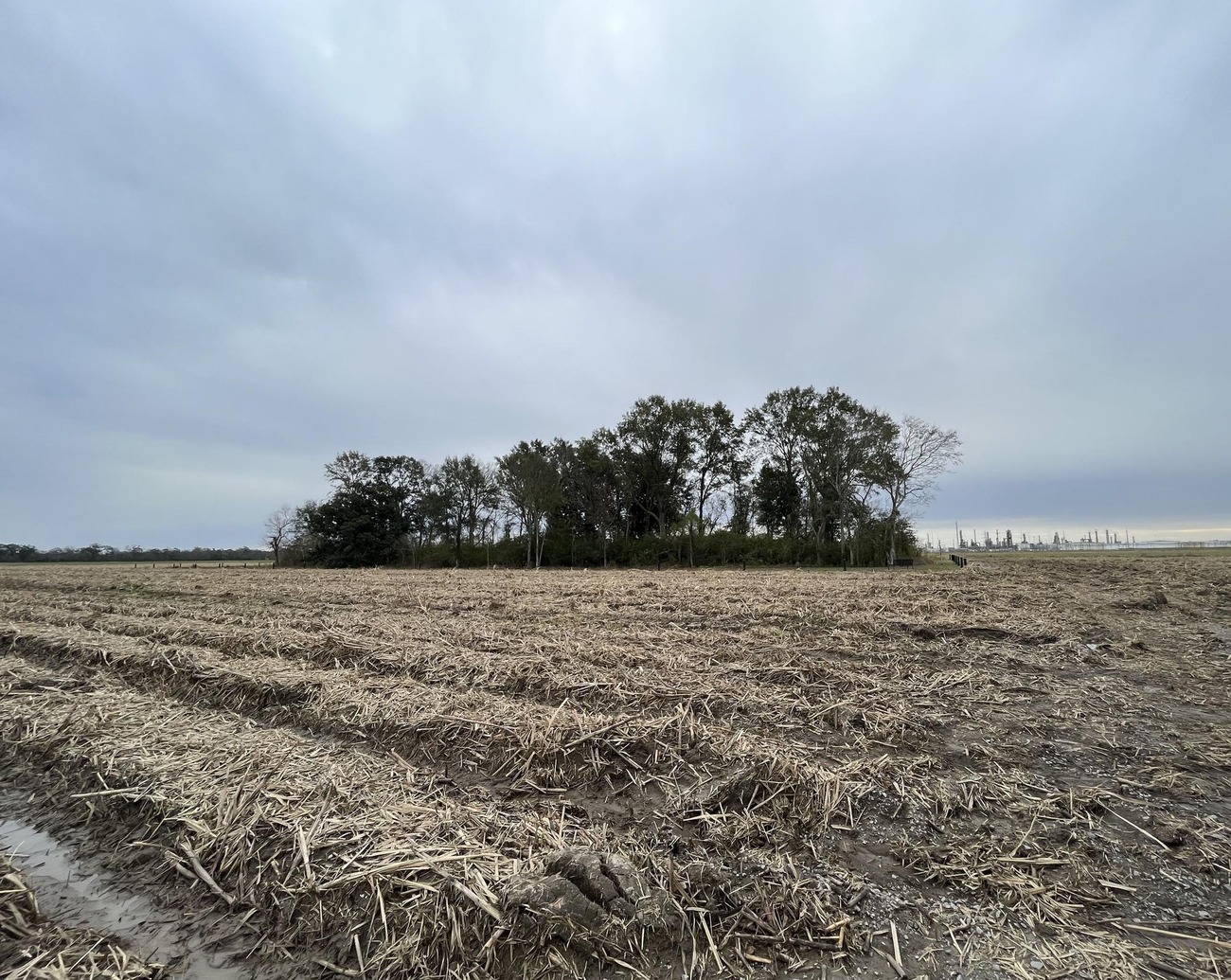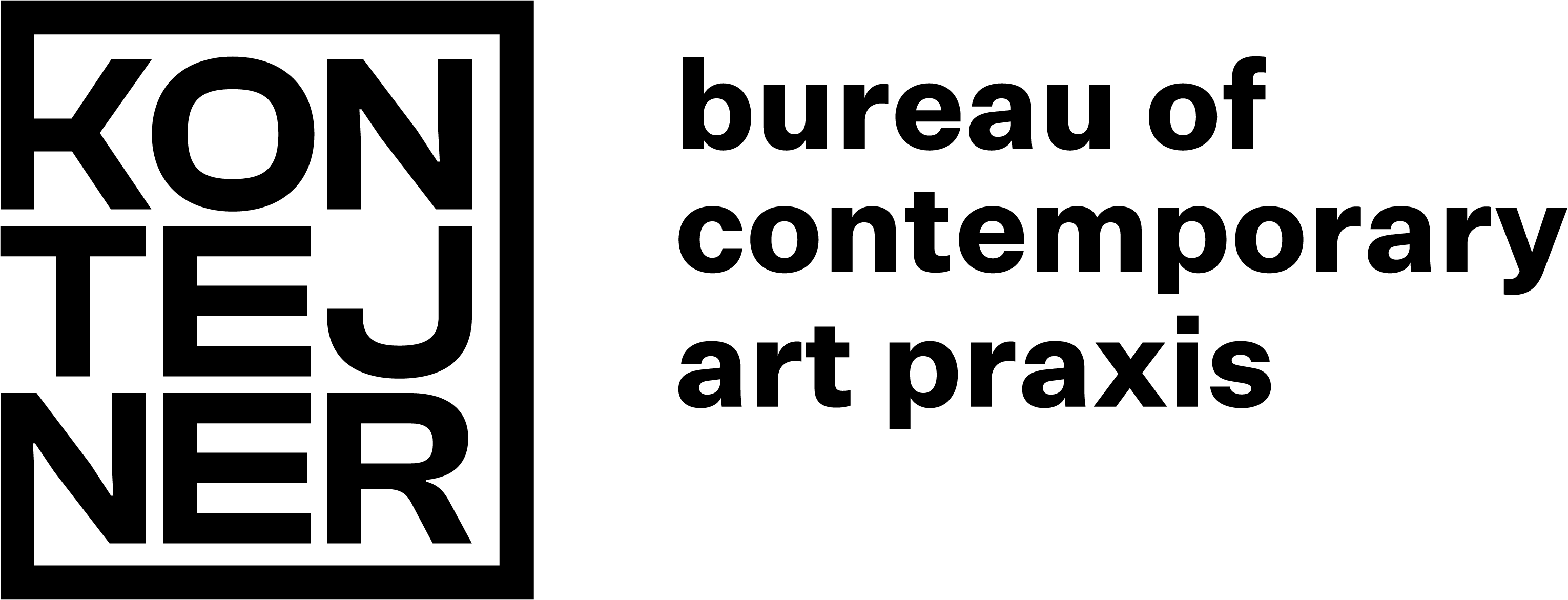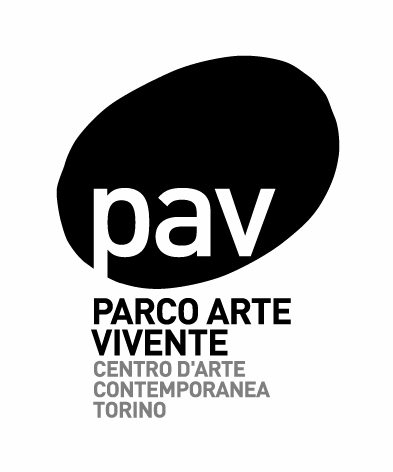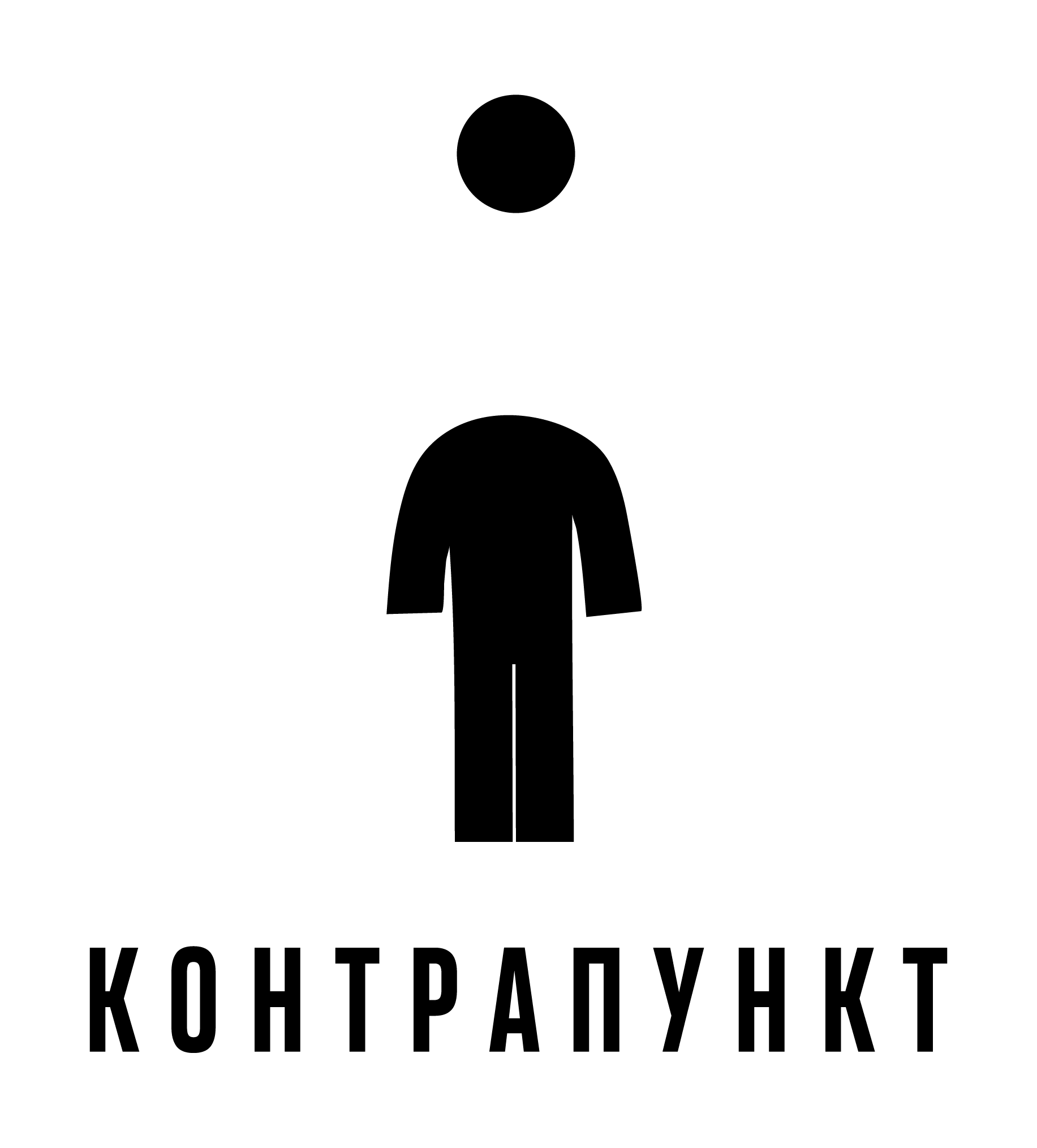SON[I]A #409 – Imani Jacqueline Brown

Imani Jacqueline Brown (New Orleans, 1988) is an artist, activist, writer, and researcher. Her work maps the scope and ongoing violence of the capitalist and extractivist agents that led to slavery, colonial genocide and ecological saturation.
From the microecologies of black antebellum cemeteries that manifest as groves of trees interrupting a horizon of sugarcane plantations and petrochemical plants, to the gentrification of New Orleans on the back of hurricane Katrina, Imani’s practice exposes the layers of violence that underpin settler-colonial society. At the same time, she discovers overlapping and enduring practices of ecological resistance and care through time and space in black ecologies.
A research fellow with Forensic Architecture, Imani’s work combines peoples’ and oral history, ecological philosophy and counter-cartography. Her research is disseminated through art installations and public actions, and also as testimony delivered in courtrooms and forums of the United Nations.
In this podcast, Imani Jacqueline Brown tells us about her formative experience as an activist in New Orleans and in the crucible of Zuccotti Park during the Occupy Wall Street movement. We also talk about eugenics and about how Carl Linnaeus’s philosophy during the Enlightement divided existence into parcels of private property, about oil infrastructure networks and environmental racism in Death Alley, and about apocalypse as repeated events. Along the way, Imani imagines paths to ecological reparation, ways to steward and attend to the world. She finds that it is precisely the uncultivated land at the back of the plantation that is rich with life and possibility: the seed banks of new growth.















